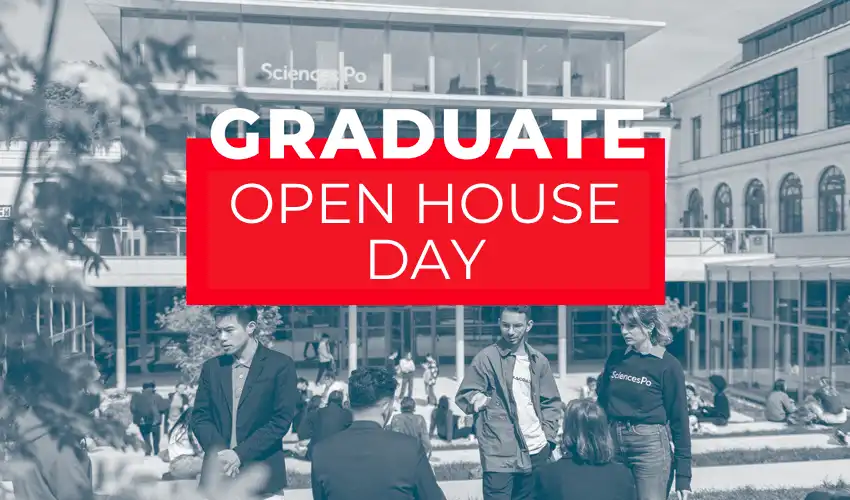Home>YLS 2021 - How to adapt modern diplomatic action to the new challenges of our century
18.01.2021
YLS 2021 - How to adapt modern diplomatic action to the new challenges of our century
Replay the panel discussion and read the summary below
A keynote speech by Pierre Vimont, former Executive Secretary-General, European External Action Service (EEAS), European Union; former Ambassador of France to the United States
Chaired by: Roger Cohen, The New York Times. | Student Greeter: Esther Bensadon, PSIA student, Master in Advanced Global Studies.
Describing a world where consensus becomes harder to reach, Pierre Vimont discussed the current challenges and goals of EU diplomats.
The changing nature of diplomacy
Roger Cohen analyzes the difficult conjecture of diplomacy: “I think we live in a maximalist age,” he says, explaining that politicians tend to be more and more reluctant to compromise due to an acceleration of time and social media frenzy.
Pierre Vimont emphasizes the need for understanding of the new diplomatic reality. He stresses how diplomacy changed since the Cold War. “When the Cold War ended, we all thought stability would still prevail. The truth is we have witnessed everything but stability." The Cold War was indeed followed by the emergence of new players including non-state actors that required new diplomatic tools to deal with, and by an acceleration of the political time that put a growing pressure on diplomat’s tasks. Therefore, Vimont shows that the political conjuncture makes the ingredients for good diplomacy, namely open-mindedness, willingness to talk to rivals, patience, boldness, discretion, less prevalent in the current international exchanges.
The EU as an effective actor in diplomacy?
Vimont argues that the EU has already shown effectiveness in its diplomatic action, quoting the protection of the Iran deal and the Paris Agreement goals despite the withdrawal of the US. However, asked about the EU as a global interventionist power, he also reminds that the union has not been created to be military active, and still does not have an army to accompany credible diplomatic action, as some European countries do not think it is the role of the EU to act militarily.
Main challenges of diplomacy
One of the main challenges discussed was the need for the EU to adopt a multilateralist approach. Vimont stated on this issue that “one of the problems the multilateral order is facing is that it was tailor made by Western countries for Western interests." Therefore, he advocates for concrete footsteps to be taken, as a reform of the composition of the UN Security Council or the board composition of the World Bank or the IMF.
Asked about the position of the EU towards China, Vimont urges the need to negotiate with the country while defending the EU interests. “China is trying to change the rules of the game through new economic rules,” he said. To better promote European interests, he believes the EU needs to defend a rule-based world order rather than power politics, and would only succeed to have China abiding by international rules if it puts at the table countries such as Turkey and South-East Asian nations.
On the salient issue of nationalism and its challenges for diplomats, Vimont argued that though nationalism is a natural strategy, the role of diplomats is to go beyond elemental transactional actions between the countries and to adopt common approaches to address “the full spectrum.” of issues that require international cooperation.
(c) An article written by Aude Dejaifve, PSIA student in the Joint Master in Journalism and International Affairs, 2021
More information about the Youth & Leaders Summit 2021. Watch all the sessions replays.
Virtual Graduate Open House day, October 2025

On 18 October 2025: meet faculty members, students and representatives and learn more about our 30 Master's programmes.